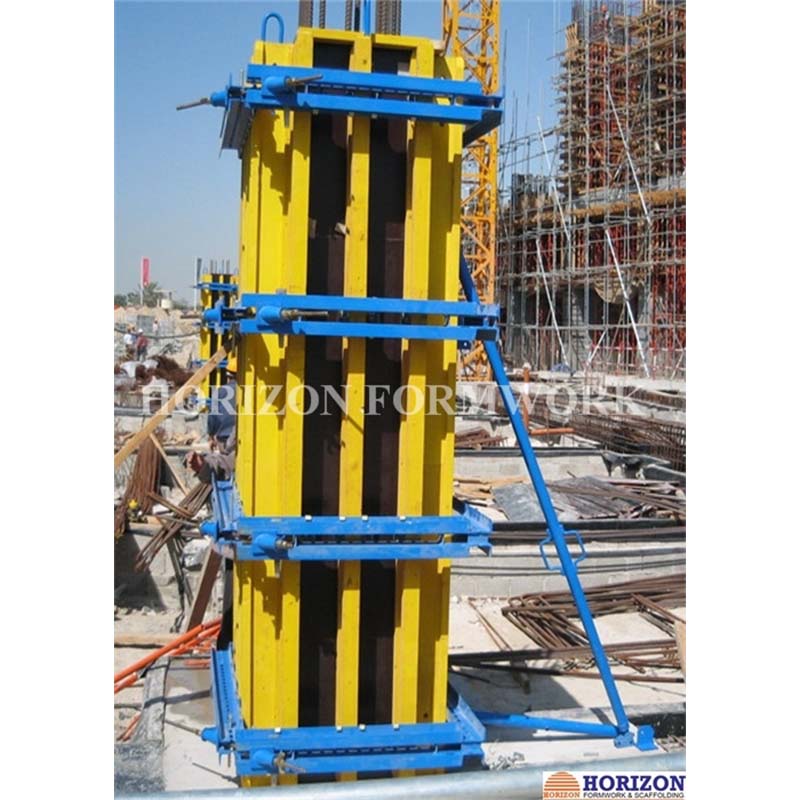Oct . 22, 2024 10:39 Back to list
Exploring the Future of Industrial Scaffold Manufacturing and Its Impact on Construction
The Evolution and Importance of Industrial Scaffold Factories
In the realm of construction and industrial maintenance, scaffold systems play a pivotal role in ensuring safety, efficiency, and accessibility. As buildings grow taller and projects become more complex, the demand for robust scaffolding solutions has surged, giving rise to a significant sector industrial scaffold factories. These specialized facilities are not merely manufacturing units; they are critical players in modern construction operations.
The Role of Industrial Scaffold Factories
Industrial scaffold factories are responsible for the design, production, and supply of scaffolding systems that support various construction activities. Their products include traditional tube and clamp systems, modular scaffolding, and temporary access solutions, all tailored to meet stringent safety standards. The fabrication process often utilizes advanced materials, such as high-strength steel and aluminum, which provide both durability and lightweight properties essential for ease of handling and installation.
These factories employ a variety of manufacturing techniques, including welding, painting, and finishing processes to enhance both the aesthetics and longevity of their products. By integrating technology, such as 3D modeling and automated cutting systems, industrial scaffold factories can streamline production, reduce waste, and ensure precision—factors that are crucial for maintaining quality and safety in construction projects.
Safety Standards and Regulations
One of the most critical aspects of scaffolding is adherence to safety standards. Industrial scaffold factories must comply with national and international regulations, such as OSHA in the United States or the Health and Safety Executive (HSE) guidelines in the UK. These regulations dictate not only the materials and construction practices but also the training and qualifications required for scaffold installers.
In response to increasing safety concerns, many scaffold manufacturers are now integrating innovative design features into their products. For example, modular scaffold systems often include built-in safety features like non-slip surfaces, guardrails, and access ladders, which significantly enhance worker safety. As an added layer of protection, sound training programs are essential, ensuring that workers are well-versed in scaffold assembly and disassembly protocols.
industrial scaffold factories

The Demand for Customization
The diversity and complexity of modern construction projects necessitate customized scaffold solutions. Industrial scaffold factories are adapting by offering bespoke design services that cater to the specific needs of clients. This customization can involve tailored configurations, unique load-bearing capabilities, or even specialized materials for harsh environmental conditions.
With the rise of more intricate architectural designs and sustainable construction practices, scaffold factories are increasingly collaborating with architects and engineers to provide solutions that not only meet functional requirements but also align with aesthetic visions. This trend has fostered a closer relationship between manufacturers and construction professionals, leading to innovative scaffold designs that enhance both safety and efficiency.
The Future of Industrial Scaffold Factories
As the construction industry continues to evolve, so too will the role of industrial scaffold factories. The integration of technology, such as digital twin technology and IoT (Internet of Things), is poised to revolutionize how scaffolding systems are designed and utilized on site. These advancements will enable real-time monitoring of scaffold integrity and load capacity, ensuring ongoing safety throughout the construction process.
Furthermore, with increasing emphasis on sustainability, scaffold manufacturers are exploring eco-friendly materials and practices, contributing to the industry's overall carbon footprint reduction. Innovations in recycling programs and the development of reusable scaffold systems are prime examples of how industrial scaffold factories are adapting to meet future demands.
In conclusion, industrial scaffold factories are indispensable to the construction ecosystem. Their commitment to safety, customization, and innovation positions them at the forefront of an industry that is constantly evolving. As we look to the future, the role of these factories will undoubtedly expand, paving the way for safer and more efficient construction practices worldwide.
-
High-Quality U Head Jack Scaffolding – Reliable Scaffolding Jack Head Manufacturer & Factory
NewsJul.08,2025
-
High-Quality I Beam H20 Leading Timber Beam H20 Material Factory, Exporters & Manufacturers
NewsJul.08,2025
-
High-Quality Powder Coating Steel Formwork - Durable & Corrosion Resistant Solutions
NewsJul.07,2025
-
Inclined Column Formwork Supplier – Durable & Precise Solutions for Unique Structures
NewsJul.07,2025
-
High-Quality Water Stop Solutions Trusted Water Stop Company & Suppliers
NewsJul.07,2025
-
High-Quality Formwork Material Supplier Reliable Manufacturer & Factory Solutions
NewsJul.06,2025